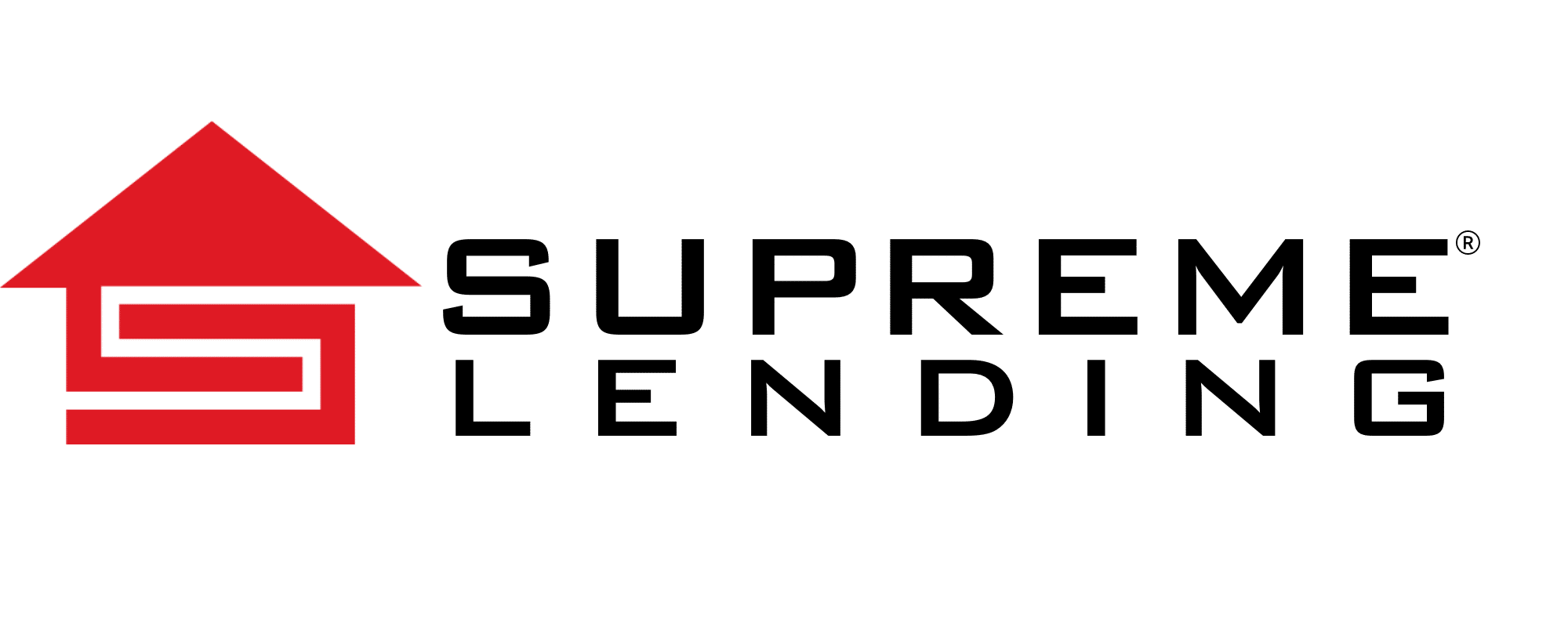
Conventional Loans 101
When purchasing a home, you have many mortgage and financing options. One of the most common mortgages is conventional loans. Learn more about conventional loans, the types of conventional mortgages, the requirements, and the advantages to discuss your options with a loan officer.
What Is a Conventional Loan?
Conventional loans are mortgages, but not like the ones that are insured or guaranteed by the federal government and that you’d see commonly known by nicknames like Freddie Mac or Fannie Mae. They are not a part of any government program. Instead, these loans are usually managed by banks, credit unions, local mortgage lenders, and other private lenders and are available to anyone who meets the eligibility criteria. Since they do align with federal guidelines, they can be bought by the government in the future.
Types of Conventional Loans
There are three different types of conventional loans:
Conforming Loans
Conforming loans are mortgages that comply with or conform to guidelines established by the government’s mortgage programs. Although these loans are not guaranteed by the government, they share similar strict requirements, including the maximum amount you can borrow, the type of property you can purchase, your credit history, and your income.
Nonconforming Loans
Nonconforming loans do not conform to the government’s lending guidelines. The eligibility criteria, maximum loan amount, and benefits of these loans vary by lender. Nonconforming loans are available to individuals with less-than-perfect credit or buyers interested in nonresidential properties like farms.
Jumbo Loans
Jumbo loans are a specific type of nonconforming loan that exceeds the federal government’s 2022 conforming loan limit of $647,200. It is harder to qualify for these loans, and they have higher fees than conforming and other nonconforming loans.
What Are the Requirements for a Conventional Loan?
Conventional conforming mortgages have similar eligibility requirements, including:
- Down payment: You’ll need to have 20% of your home’s purchase price for the down payment.
- Minimum credit score: A minimum credit score of 620 is necessary to secure a conventional conforming loan.
- Debt-to-income ratio: No more than 50% debt-to-income (DTI) ratio or no more than 50% of your income goes to pay your debt.
- Private mortgage insurance: Some mortgage lenders require mortgage insurance.
- Loan size: Your loan must be less than the federal limit for your home type.
What Are the Advantages of a Conventional Loan?
There are several advantages of a conventional mortgage. One of the main advantages is the cost. Conventional loans typically have fewer fees and lower interest rates than the government guarantees. They also do not require mortgage insurance. Other advantages include:
- Loans can be used for vacation homes and rental properties.
- Loans are available for those with issues in their credit history, like bankruptcy or default on student loans.
- Options in the structure of your loan. Most government-back loans are for 30-year terms. Conventional loans can be fixed at 15- 20-year terms.
Whether you are considering purchasing your first home or refinancing your current home, Supreme Lending is your mortgage lender in Houston. Contact us today and let us find the right mortgage for you, from conventional loans to refinancing, we’ll guide you through the process.
Explore our programs and processes.



